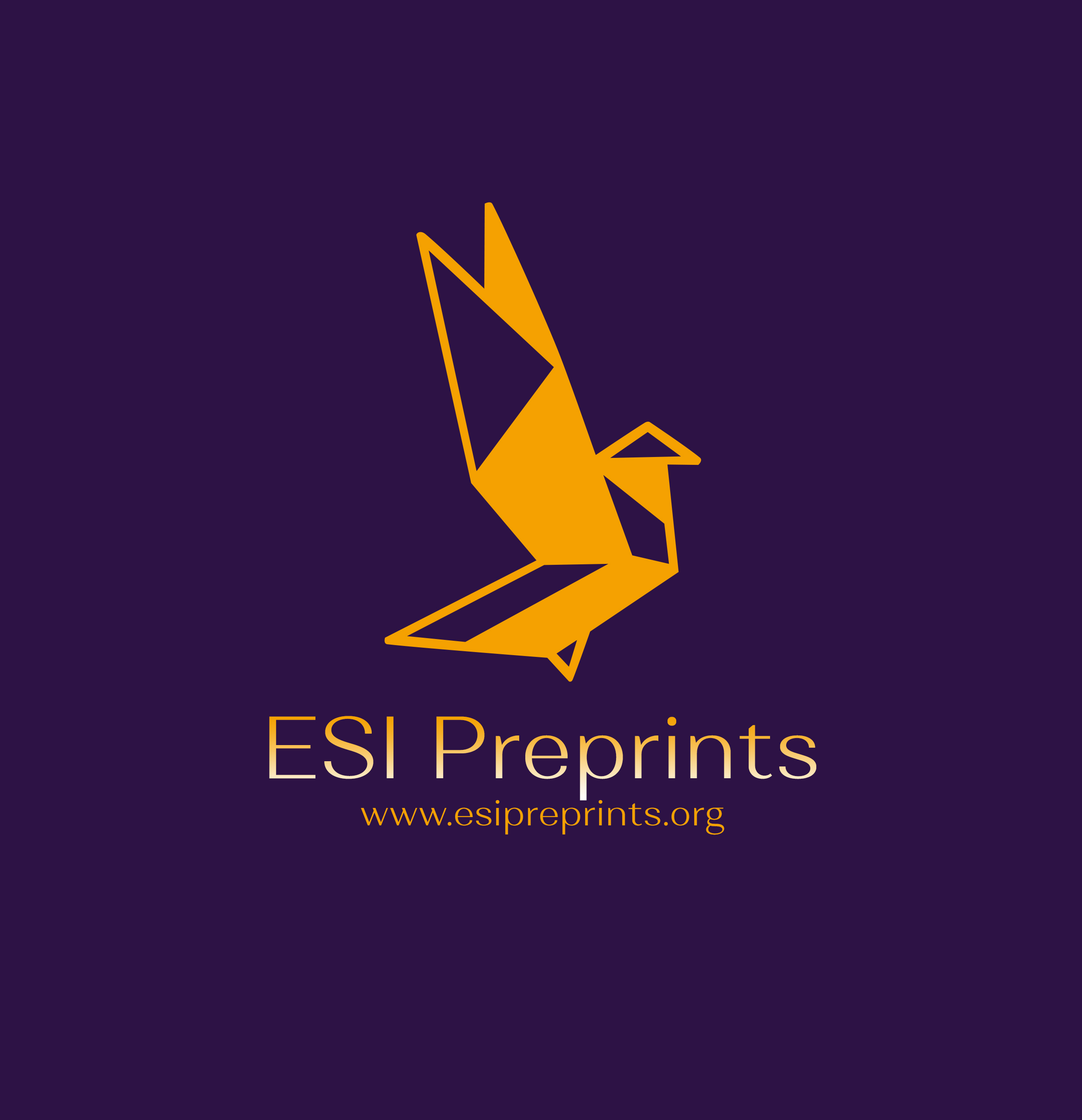Physical Agents and Therapeutic Modalities: Main Concepts Implicated in Physiotherapy Treatment Prescription and Into Advanced Physical Therapy Practice
Abstract
Background: physical agents and therapeutic modalities; two concepts that there is no agreement on their definitions. This leads to a complex phenomena of cognitive construction about what the Physiotherapist are qualified, and required to do. Purpose: to know about the context, conceptualization and updating of both terms. Methods: an electronic search was carried out in the most pertinent databases (PEDro, PubMed, ClinicalKey and OTSeeker). The search strategy was performed in three languages (English, Spanish, and Portuguese), based on preferred reporting items for systematic reviews and meta-analyses methodology (PRISMA). The keywords used for the search were “Physical Agents” AND “Physiotherapy”; “Therapeutic Modalities” AND “Physiotherapy”. Subsequently, an advanced filtering was carried out through the Scale for the Assessment of Narrative Review Articles (SANRA). Results: in PubMed there was a result of 8665 studies displayed but only 3 were accepted; in PEDro only 53 results were obtained, 1 of them was accepted and 1 was eliminated because it was repeated. In ClinicalKey there were a total of 1012 results but none were accepted, and in OTSeeker no search results were founded. On the other hand, there were 15 bibliographies that was aviability and were accessed, which only 5 of them met the inclusion criteria. Conclusions: findings shows a serious issue in terms of conceptualizing what a physiotherapist must do on its professional practice. It could be assumed that they may be two concepts that do not put forward a certain importance from the academic, scientific and/or clinical practice perspective.
Downloads
References
2. Aguilera Eguía, R. (2014). ¿Revisión sistemática, revisión narrativa o metaanálisis? Revista de La Sociedad Española Del Dolor, 21(6), 359–360. https://doi.org/10.4321/S1134-80462014000600010
3. Akyuz, G., & Kenis, O. (2014). Physical therapy modalities and rehabilitation techniques in the management of neuropathic pain. In American Journal of Physical Medicine and Rehabilitation (Vol. 93, Issue 3, pp. 253–259). https://doi.org/10.1097/PHM.0000000000000037
4. American Physical Therapy Association -. (2022). Autor Guidelines. Physical Therapy and Rehabilitation Journal. https://academic.oup.com/ptj/pages/Author_Guidelines#Article%20Types%20and%20Manuscript%20Preparation
5. Arieta-Miranda, J. M., Ruiz-Yasuda, C. C., Pérez Vargas, L. F., Torres Ricse, D. A., Díaz, S. P., Arieta, Y. C., Victorio, D. J. B., & Ramos, G. T. (2022). New Pyramid Proposal for the Levels of Scientific Evidence According to SIGN. In Plastic and Reconstructive Surgery (Vol. 149, Issue 4, pp. 841E-843E). Lippincott Williams and Wilkins. https://doi.org/10.1097/PRS.0000000000008946
6. Australian Physiotherapy Association. (2022). Journal of Physiotherapy-Types of Articles. http://www.crd.york.ac.uk/PROSPERO
7. Baethge, C., Goldbeck-Wood, S., & Mertens, S. (2019). SANRA - a scale for the quality assessment of narrative review articles. Research Integrity and Peer Review, 4(1), 5. https://doi.org/10.1186/s41073-019-0064-8
8. Cameron, M. (2018). Agentes Físicos en Rehabilitación (Fifth Edition). Elsevier.
9. Capote, A., López, Y., & Bravo, T. (2009). Agentes físicos (D. Bello, Ed.). Editorial Ciencias Médicas.
10. Cebrià i Iranzo, M. A., Díaz Díaz, B., & Igual Camacho, C. (2010). Título de grado en Fisioterapia: valoración de las competencias por parte del estudiante. Fisioterapia, 32(2), 73–79. https://doi.org/10.1016/j.ft.2009.12.003
11. Chartered Society of Physiotherapy. (2022). Physiotherapy journal and services. https://www.csp.org.uk/professional-clinical/clinical-evidence/physiotherapy-journal
12. Colegio Nacional de Fisioterapia y Terapia Física A.C. (n.d.). ¿Qué es la Fisioterapia? Retrieved August 16, 2022, from http://www.amefi.com.mx/fisioterapia.html
13. Draper, D., Jutte, L., & Knight, K. (2022). Therapeutic Modalities: The Art and Science (Third edition). Wolters Kluwer.
14. Ferrara, P. E., Codazza, S., Cerulli, S., Maccauro, G., Ferriero, G., & Ronconi, G. (2020). Physical modalities for the conservative treatment of wrist and hand’s tenosynovitis: A systematic review. Seminars in Arthritis and Rheumatism, 50(6), 1280–1290. https://doi.org/10.1016/j.semarthrit.2020.08.006
15. Gasparyan, A. Y., Ayvazyan, L., Blackmore, H., & Kitas, G. D. (2011). Writing a narrative biomedical review: Considerations for authors, peer reviewers, and editors. In Rheumatology International (Vol. 31, Issue 11, pp. 1409–1417). https://doi.org/10.1007/s00296-011-1999-3
16. Honda, Y., Sakamoto, J., Hamaue, Y., Kataoka, H., Kondo, Y., Sasabe, R., Goto, K., Fukushima, T., Oga, S., Sasaki, R., Tanaka, N., Nakano, J., & Okita, M. (2018). Effects of Physical-Agent Pain Relief Modalities for Fibromyalgia Patients: A Systematic Review and Meta-Analysis of Randomized Controlled Trials. Pain Research and Management, 2018. https://doi.org/10.1155/2018/2930632
17. International Committee of Medical Journals Editors. (2022). Recommendations for the Conduct, Reporting, Editing, and Publication of Scholarly Work in Medical Journals. https://www.icmje.org/icmje-recommendations.pdf
18. Landesa-Piñeiro, L., & Leirós-Rodríguez, R. (2022). Physiotherapy treatment of lateral epicondylitis: A systematic review. In Journal of Back and Musculoskeletal Rehabilitation (Vol. 35, Issue 3, pp. 463–477). IOS Press BV. https://doi.org/10.3233/BMR-210053
19. Michlovitz, S., Bellew, J., & Nolan, T. (2022). Modalities for Therapeutic Intervention (7th ed.).
20. Tamboosi, M. E., Al-Khathami, S. S., & El-Shamy, S. M. (2021). The effectiveness of tele-rehabilitation on improvement of daily living activities in children with cerebral palsy: narrative review. Bulletin of Faculty of Physical Therapy, 26(1). https://doi.org/10.1186/s43161-021-00055-7
21. World Physiotherapy. (2019a). Advanced physical therapy practice Policy statement. www.world.physio
22. World Physiotherapy. (2019b). Description of physical therapy - Policy statement. www.world.physio
23. World Physiotherapy. (2022). Call for abstracts. https://wp2023.world.physio/?_ga=2.259917449.2042046449.1662750578-1001627598.1662510623#/programme/abstracts
Copyright (c) 2023 Gustavo Argenis, Sandra Juárez

This work is licensed under a Creative Commons Attribution-NonCommercial-NoDerivatives 4.0 International License.








